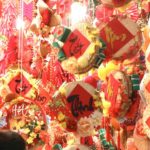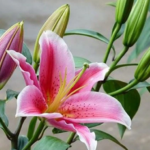During Tet, it is essential to have flowers in the house or decorate the altar with flowers. It adds beauty and creates a joyful atmosphere in the home, especially during spiritual practices such as offering to ancestors and deities. According to the teachings from our ancestors, certain types of flowers should not be placed on the altar during Tet to avoid bad luck and potential family separation or loss of wealth.
1. Lilies
Lilies, despite their seductive beauty and vibrant colors, are considered inappropriate for the Tet altar. The word “li” in “li ly” has two negative meanings for the family, which are “separation” and “parting.” Moreover, lilies do not enhance the connection between descendants and ancestors. Many Buddhists also avoid using lilies as offerings to the Buddha. However, some temples may allow lilies to be offered to deities, especially the Mother Goddess.
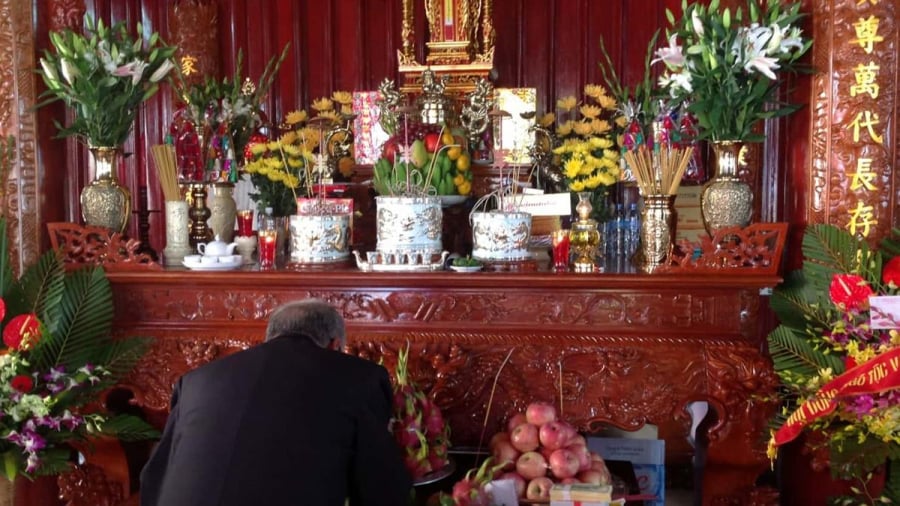
2. Orchids
Potted orchids or hanging orchids can be used to decorate the living room, balconies, or windows during Tet, but they are not suitable for the Tet altar. Many people believe that orchids represent elegance, so they often buy them as offerings on the altar. However, it is believed that the word “phong” in “phong lan” is associated with extravagance and looseness.
3. Paperwhite
Although paperwhite is beautiful and has an elegant color, it is not allowed on the Tet altar. According to feng shui experts, paperwhite blooms quickly but also fades quickly, reminiscent of the phrase “bloom at dawn, wither at dusk.” Placing paperwhite flowers on the altar can lead to unfortunate events in the new year.
4. Chrysanthemum
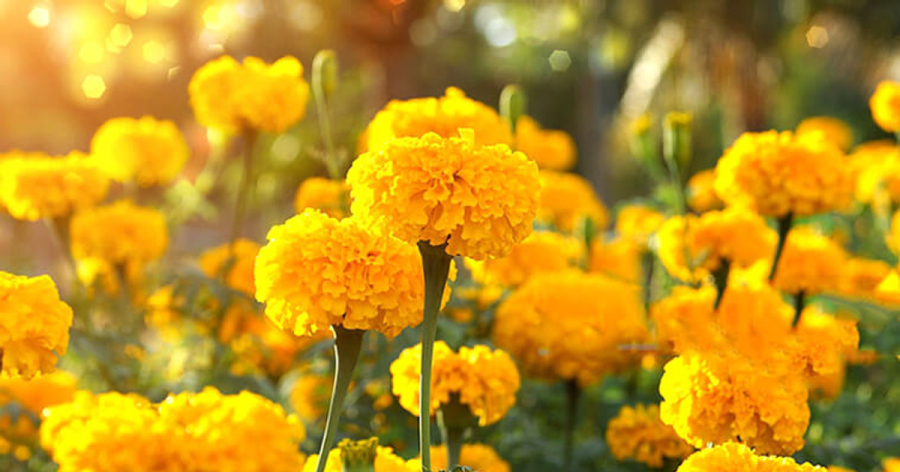
Chrysanthemums are commonly seen during Tet, symbolizing luck and prosperity. However, not all varieties are suitable for the altar. Yellow chrysanthemums are a perfect choice for the Tet altar, while “cuc van tho” is not preferred due to its strong and unpleasant smell. This flower is believed to bring negative energy to the family.
5. Jasmine
Jasmine flowers are beautiful, pure, and pristine. However, they are not highly regarded in Vietnamese culture, so they should not be used to decorate Buddhist or sacred altars. It is believed that jasmine flowers are associated with folk stories about love affairs. Moreover, many people believe that jasmine flowers do not bring blessings, prosperity, and may have a negative impact on family harmony.
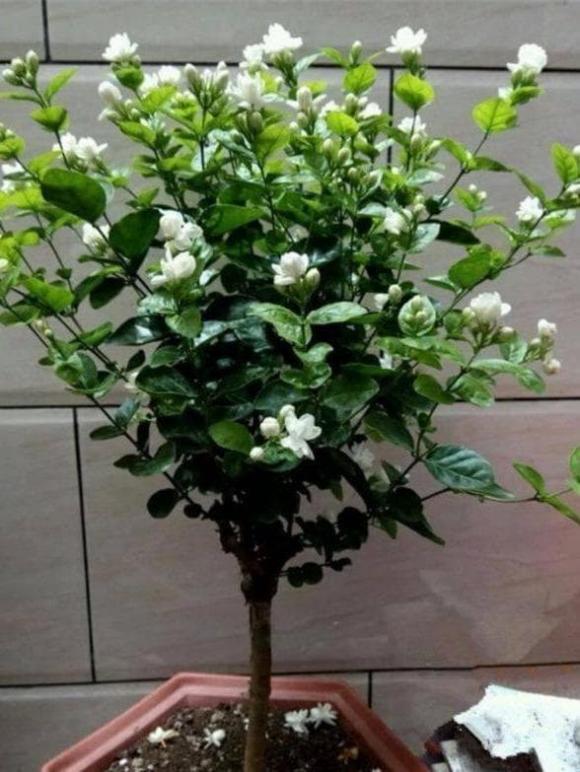
6. Impatiens
Impatiens are beautiful and vibrant, but they have traditional associations with negative connotations. The name of this flower reminds people of undesirable things that are not suitable for sacred and solemn places.
In addition, impatiens often grow in unsanitary places such as fences and bushes. Therefore, offering impatiens to deities and ancestors may result in reprimands or punishments.
7. Angel’s Trumpet
Angel’s Trumpet flowers are stunning but fragile. Although they are beautiful, their lifespan is short. Therefore, they are not suitable for the Tet altar. This is also why lilies are not recommended for the Tet altar.
8. Artificial Flowers
Spiritual experts suggest not placing potted plants or artificial flowers on the altar because they lack elegance, freshness, and sincerity. Offering flowers is a way to express sincere emotions. Therefore, it is best to use fresh and fragrant flowers for special occasions like Tet and other important traditional ceremonies.
20+ Stylish Ideas for Making His Birthday Special with a Flower Bouquet
Are you struggling to find the ideal birthday present for a special man in your life? Worry no more! Check out these 20+ beautiful flower arrangements that will brighten up the recipient’s day and express your love and appreciation. Select a gift from our selection of stylish, heartfelt, and sophisticated bouquets, specifically designed for that special man.


























